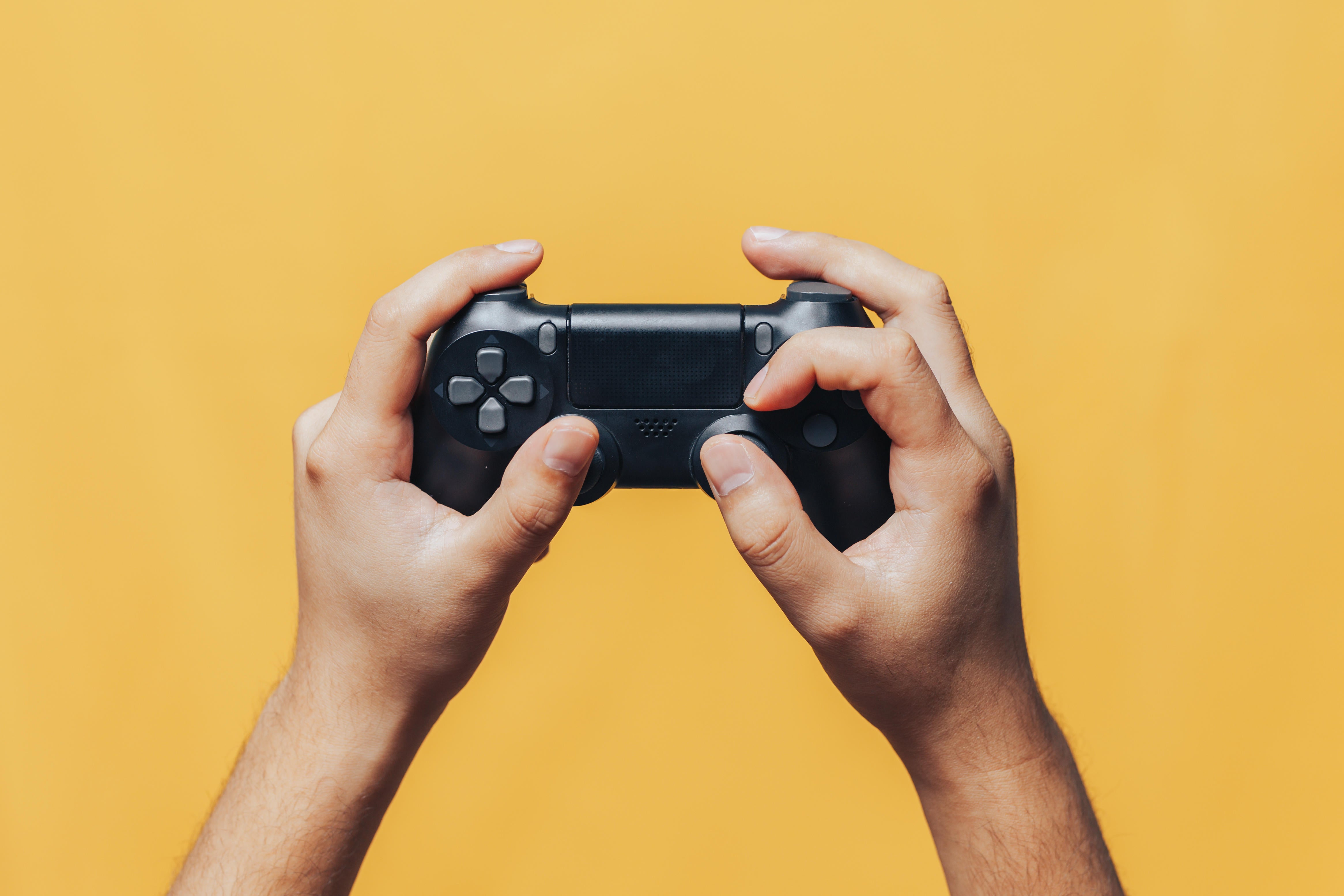Ask an expert: Is video gaming harmful for young people?
A psychiatry researcher who’s studied video gaming in young boys says its benefits can outweigh potential risks for some youngsters – but not others.

Your support helps us to tell the story
From reproductive rights to climate change to Big Tech, The Independent is on the ground when the story is developing. Whether it's investigating the financials of Elon Musk's pro-Trump PAC or producing our latest documentary, 'The A Word', which shines a light on the American women fighting for reproductive rights, we know how important it is to parse out the facts from the messaging.
At such a critical moment in US history, we need reporters on the ground. Your donation allows us to keep sending journalists to speak to both sides of the story.
The Independent is trusted by Americans across the entire political spectrum. And unlike many other quality news outlets, we choose not to lock Americans out of our reporting and analysis with paywalls. We believe quality journalism should be available to everyone, paid for by those who can afford it.
Your support makes all the difference.Is a lot of video gaming harmful for my teenager?
Aaron Kandola, from University College London’s psychiatry division, recently led a study into depressive symptoms in young boys who’d played video games regularly for years. He says: “A satisfactory and evidence-based conclusion on whether video games are harmful to young people remains elusive, despite decades of research.
“We still lack a clear answer to the longstanding debate on whether violent video games increase aggression in young people. One overview of the evidence in 2018 suggested violent video games may increase aggression, but a 2020 review found no such link.
“A more recent debate is whether video games affect young peoples’ wellbeing or mental health. A comprehensive 2016 review found high screen-based device use increases the risk of depression in young people. But a closer look at the data revealed this risk didn’t apply to video games.
“The jury may be out on whether they’re directly harmful, but excessive gaming could disrupt other important behaviours for mental health, such as getting enough exercise, eating well, or keeping up with schoolwork.
“The World Health Organisation (who.int) controversially defined gaming disorders to describe these patterns of addictive behaviours. But recent estimates suggest fewer than 1% of the population meet the gaming disorder criteria.
“The underlying assumption behind much of the public narrative is young people could be spending time on more worthwhile pursuits than gaming. Similar assumptions also narrow the focus of research to investigate possible risks rather than benefits of gaming.
“But our recent study found regular gaming was associated with lower depression scores in young boys. Another 2021 study found more time playing Animal Crossing or Plants vs. Zombies was associated with increased emotional wellbeing. Other studies have found video games can positively influence brain structure and performance on memory and problem-solving tasks. Some researchers are even developing video games to treat dementia and schizophrenia.
“These therapeutic benefits may be unsurprising to anyone familiar with the captivating blend of art, entertainment and technology that characterises the modern gaming experience. Video games increasingly provide compelling storylines within vast, immersive surroundings for players to explore and interact. They are safe environments for young people to socialise and learn life lessons, from cooperation and working towards common goals, to effective decision-making and skill mastery.
“The mental health benefits of video gaming will outweigh potential risks for some young people. But the balance of risks and benefits will differ in others, as with most factors that influence mental health.
“Its meteoric rise in popularity and relatively simple countermeasures make video games an appealing scapegoat for the growing prevalence of mental health problems in young people. But digital technology use is likely a relatively small contributor to young peoples’ mental health risks.”